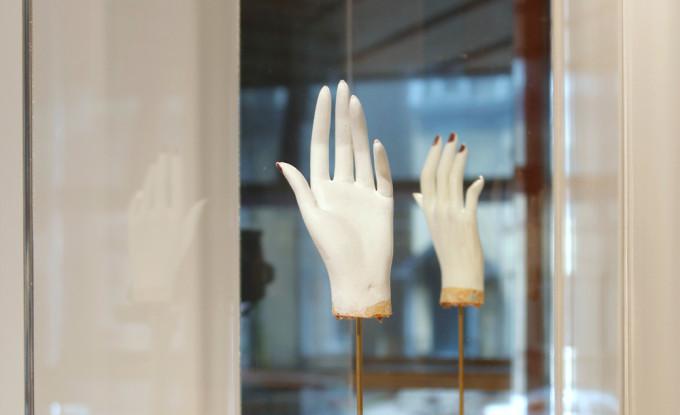By Kathleen McGouran
A part-time Ryerson photography professor has been selected as one of two Canadian nominees for the Grange Prize. The annual photography competition hosted by the Art Gallery of Ontario (AGO), which appoints four candidates for a $50,000 grant, is considered controversial in the art world because the winner is chosen by an online public vote rather than pored over by a panel of highly knowledgeable artists and art collectors.
“The weird thing about the prize as a nominee is you sort of don’t know what you’re supposed to do,” said Annie MacDonell, who said she is not comfortable campaigning for votes.
“I know that in the past there have been people who have been really active about soliciting votes and then some people aren’t.” This year marks the fifth year that the AGO has put on the Grange Prize. Each year, a partner country is chosen from which two of the artists are selected.
Artists exhibit their photos in both countries and, winner or not, each artist is given the opportunity to participate in a one-month residency in the country opposite of their origin.
The partner country chosen for this year is England. Past countries include India and China.
Regardless, all four nominees get along quite well, according to MacDonell.
“It’s a really nice vibe between the artists, it’s not weird or competitive,” she said. “Everybody just figures it’ll work however it works out.”
MacDonell was sitting at home when she received a phone call from the AGO. She picked up to hear Sophie Hackett, the assistant photo curator of the AGO, telling her she had been selected as one of the nominees.
“I didn’t even know that I was nominated,” said MacDonell, who was caught by surprise. “I had followed the prize the last few years and I was really, really pleased to be on the shortlist.”
MacDonell submitted three pieces for the event: three photo series and one film piece, all of which are on exhibition at the AGO until January.
One of these is a series of photos called The Fortune Teller, in which the process of restoring a disembodied hand from a fortune teller mannequin is documented, showing every step from the restoration of the original, broken, faded hand to pristine and white.
“I work a lot with images and objects that already exist and then I turn [them] into something else,” MacDonell said. “I bought this hand from a junk dealer. I began to think about it as a really interesting allegory for how we think about time and history, especially when it comes to art.”
MacDonell, also a Ryerson graduate, says she likes the familiarity of teaching at her alma mater. But in order to continue with her art, she is only teaching on a part-time basis.
“Teaching is a really nice way to take what you do and earn a decent living from it.” She says she is able to balance the two worlds by gearing lectures and classes towards things she finds interesting and hopes to pursue, herself.
“The time that I put into researching to prepare for a lecture or a class is time that’s still well-spent just for the ideas that I’m thinking about in my art practice,” says MacDonell.
The winner of the Grange Prize will be announced Nov. 1. MacDonell says she does not have any plans as of yet for the grant if she is the winner.
“I’m trying to not spend money that I haven’t won.”
– With files from Susana Gómez Báez












Leave a Reply